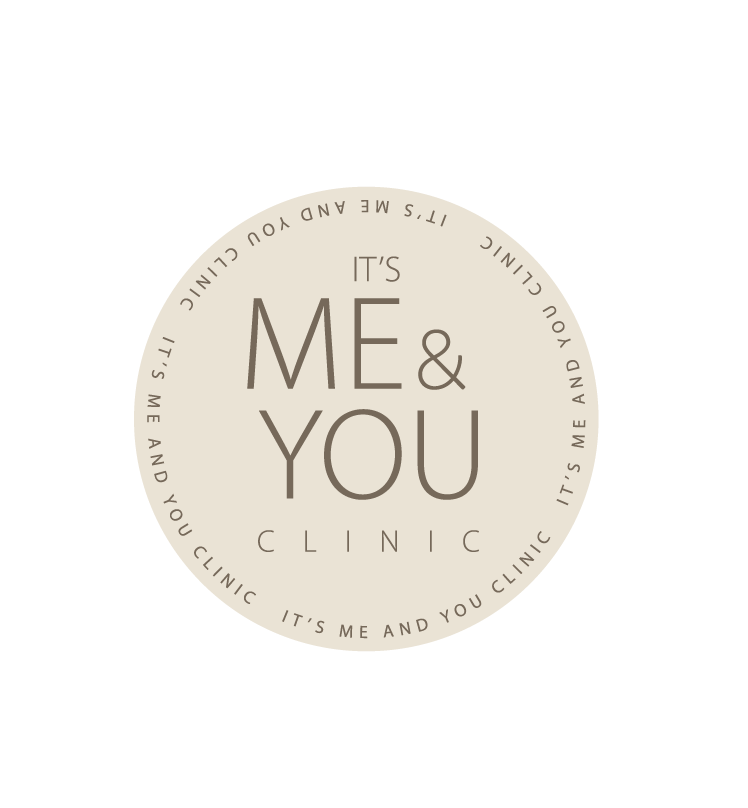Everyone wants to get lip filler injections, but only a few people know what to do after the procedure to maintain long-term results. Lip fillers are gel-like substances injected into the lips to make them plump and full. They fall under the category of dermal fillers, which are substances injected beneath the surface of the skin to restore the lost volume, plump the skin, and erase wrinkles and fine lines. In doing this, they can help you get back a youthful appearance and build confidence. However, not knowing what to do after the procedure can reverse these benefits, which is not a good thing. Let’s start by learning how to manage the side effects of lip filler injections.
Side Effects of Lip Filler Injections
Immediately after getting lip filler injections, you may experience bruising, itching, tenderness, redness, pain and swelling. To navigate this, do the following.
Apply a Cold Compress
A cold compress can help you beat bruising or swelling. Do not apply the ice directly to the affected area. Instead, wrap the ice pack in a thin cloth or towel. Apply the ice pack for 20-30 minutes, 3 times a day.
Sleep with Your Head Elevated
Use additional pillows to sleep with your head above the heart level. By doing this, you can reduce swelling.
Apply Arnica Gel or Cream
Arnica gel or cream is a noteworthy source of anti-inflammatory properties. Applying it to the affected area can reduce swelling and speed up recovery.
Drink A lot of Water
Drinking a lot of water can keep your body and lips hydrated. This can minimise swelling and do wonders for overall skin health.
Take Over-the-Counter Pain Relievers
Your provider may recommend over-the-counter pain relievers such as ibuprofen or acetaminophen that can make post-procedure discomfort go away.
Eating After Getting Lip Fillers
After getting lip fillers, you can go back to your normal activities, such as eating. However, be sure to let the numbness wear off before you eat or drink. Eating or drinking while your mouth is still numb can be dangerous. Steer clear of messy foods and those that take longer to chew. Also, replace spicy or salty foods and fruits and vegetables to avoid irritation.
Drinking After Getting Lip Fillers
Avoid alcohol after getting lip fillers. The reason for this is that alcohol can thin your blood, which can worsen swelling and bruising. It is also a diuretic, meaning that it can dehydrate your body.
Smoking After Getting Lip Filler Injections
If you are a vapor or smoker, avoid smoking or vaping after getting lip filler injections. Smoking or vaping exposes your lips to heat and chemicals that can damage the delicate healing issues, slowing the healing process and making you more susceptible to infections. Smoking can also cause the blood vessels to block or narrow, reducing the amount of blood that gets to the lips. This can negatively impact the healing process and cause bruising.
Showering After Getting Lip Fillers
Taking a shower or bath immediately after the procedure is never a good idea, as it can worsen swelling and bruising. Also, try not to sweat because it can lead to irritation in your lips and delay the healing process. While taking a shower or bath after getting lip fillers is a no-no, be sure to keep your face clean. Wash your face with a cleanser. When washing your face, do not directly touch your lips. If you are following a skincare routine, use gentle and fragrance-free products. Additionally, stay away from hot temperature environments such as saunas and steam rooms. These environments can increase blood flow to various parts of the body, including the lips, leading to unhealthy blood pressure levels.
Kissing After Getting Lip Filler Injections
Avoid kissing after getting lip fillers for 48 to 72 hours. The reason for this is that kissing immediately after getting the procedure puts a lot of pressure on the lips, which can irritate the lips. Kissing also carries the bacteria from the mouth to the lips, which can increase the risk of infections.
Exercising After Getting Lip Fillers
Exercising can lead to increased blood flow and body temperature, which can make swelling and bruising worse. Exercises can also lead to sweating which can introduce bacteria to the lips, increasing the chances of getting an infection. If you want to incorporate exercise into your wellness routine, choose light exercises and ensure you work out in the morning or late evening.
Taking Painkillers After Getting Lip Fillers
Painkillers can help you deal with post-procedure discomfort. Do not use non-steroidal anti-inflammatory drugs(NSAIDs) because they can thin your blood. As a result, they can worsen swelling and bruising.
Taking a Flight After Lip Filler Injections
Wait for at least 3 to 7 days after getting lip fillers before hopping into a plane. The reason for this is that the air pressure in the plane can make bruises and swelling on your lips worse.
Do Lip Fillers Last Forever?
While lip fillers offer long-lasting results, they don’t last forever. If you want to maintain longer-lasting results, you may need to get future injections. In general, lip fillers last for six months.
The Bottom Line
Knowing what to do after your treatment is key to getting the results you are looking for and avoiding complications. After the lip injections, you will experience side effects such as bruising and swelling. To manage these issues, apply a cold compress, sleep with your head elevated, or use arnica gel or cream. Also, follow your doctor’s instructions, such as avoiding exercising, waiting for at least one week before flying, giving up smoking, and going alcohol-free for about one week. Also, clean the treated area regularly to reduce the risk of infections, reduce discomfort, speed up healing, and prevent contamination. If your bruising and swelling lasts longer, let’s say more than one week, be sure to reach out to your injector. The injections might have triggered an allergic reaction.
- Smoking After Lip Fillers: What You Need to Know for Safe Healing - February 26, 2024
- Patience Pays Off: Understanding the Wait Time for Smoking After Lip Fillers - February 20, 2024
- The Sober Truth: How Long to Abstain from Alcohol After Lip Augmentation - February 17, 2024

